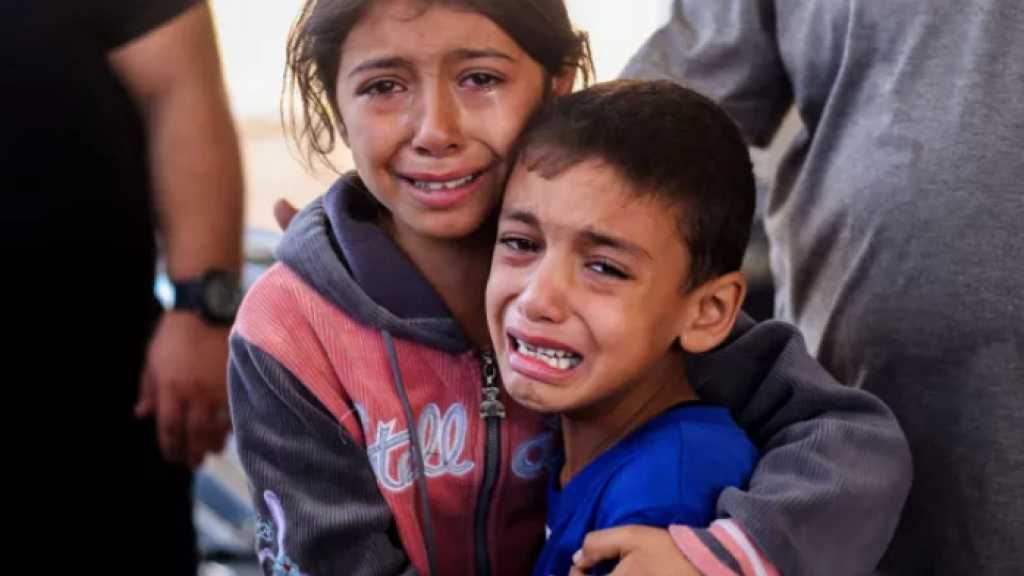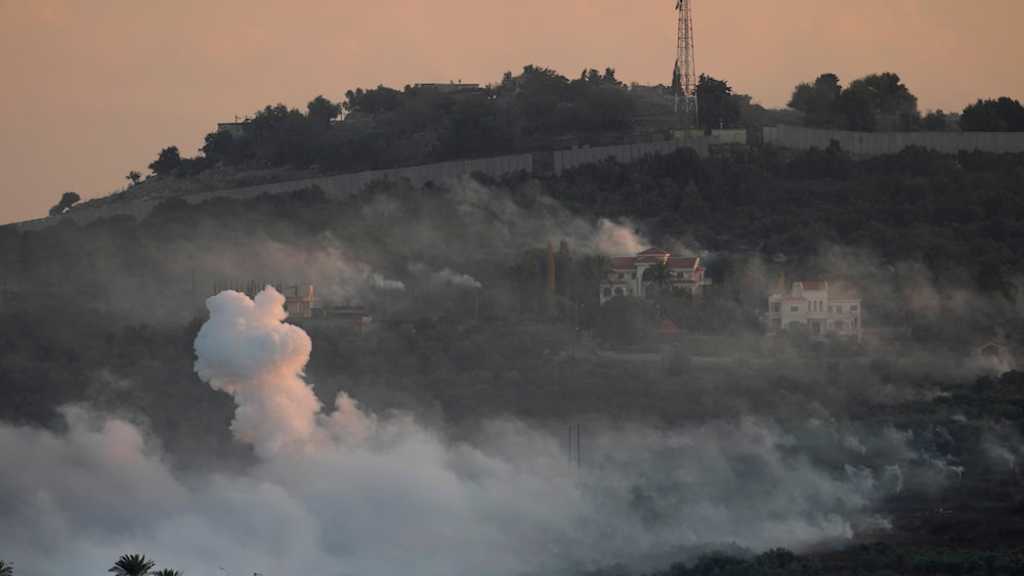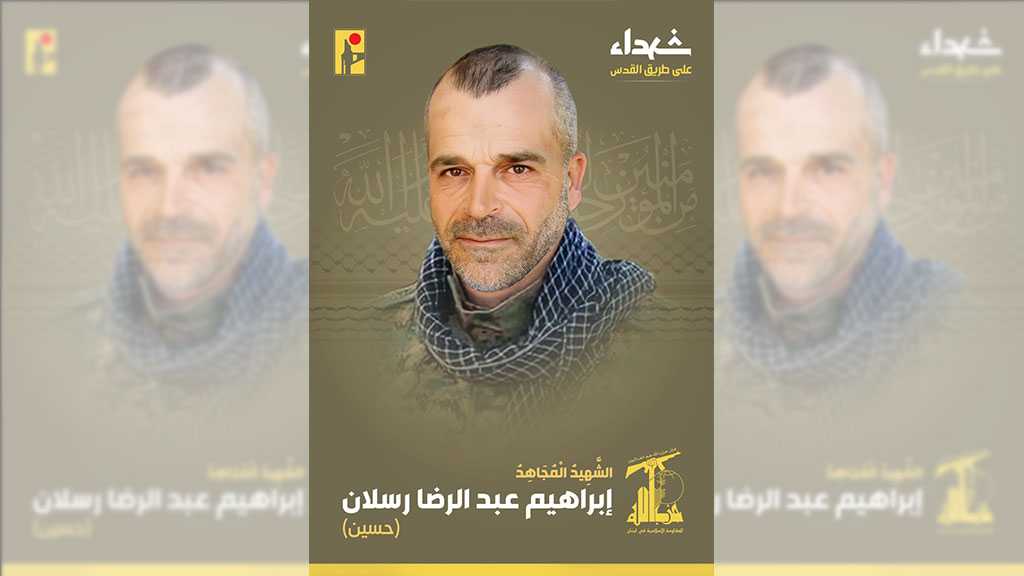
Saudis Bankroll Taliban, Even as King Officially Supports Afghan Government
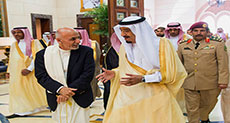
Local Editor
Fifteen years, half a trillion dollars and 150,000 lives since going to war, the United States is trying to extricate itself from Afghanistan. Afghans are being left to fight their own fight. A surging Taliban insurgency, meanwhile, is flush with a new inflow of money.
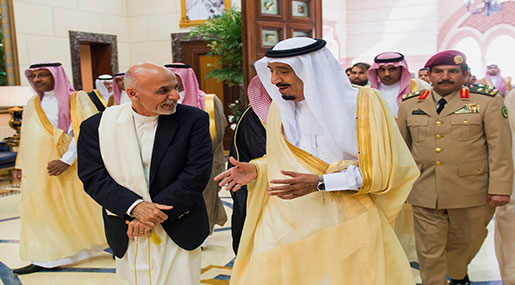
With their nation's future at stake, Afghan leaders have renewed a plea to one power that may hold the key to whether their country can cling to democracy or succumbs to the Taliban. But that power is not the United States.
It is Saudi Arabia.
Saudi Arabia is critical because of its unique position in the Afghan conflict: It is on both sides.
A longtime ally of Pakistan, Saudi Arabia has backed Islamabad's promotion of the Taliban. Over the years, wealthy Saudi sheikhs and rich philanthropists have also stoked the war by privately financing the insurgents.
"But if you think Iran is the only source of trouble in the Middle East, you must have slept through 9/11, when 15 of the 19 hijackers came...
All the while, Saudi Arabia has officially, if coolly, supported the American mission and the Afghan government and even secretly sued for peace in clandestine negotiations on their behalf.
The contradictions are hardly accidental. Rather, they balance conflicting needs within the kingdom, pursued through both official policy and private initiative.
The dual tracks allow Saudi officials plausibly to deny official support for the Taliban, even as they have turned a blind eye to private funding of the Taliban and other hardline groups.
The result is that the Saudis - through private or covert channels - have tacitly supported the Taliban in ways that make the kingdom an indispensable power broker.
In interviews with The New York Times, a former Taliban finance minister described how he traveled to Saudi Arabia for years raising cash while ostensibly on pilgrimage.
The Taliban have also been allowed to raise millions more by extorting "taxes" by pressing hundreds of thousands of Pashtun guest workers in the kingdom and menacing their families back home, said Vali Nasr, a former State Department adviser.
Yet even as private Saudi money backed the Taliban, Saudi intelligence once covertly mediated a peace effort that Taliban officials and others involved described in full to The Times for the first time.
Prince Turki al-Faisal, who led the Saudi intelligence agency for over 24 years and later served as ambassador to the United States until his retirement in 2007, rejected any suggestion that Saudi Arabia had ever supported the Taliban.
However, others say the verdict is still out. "We know there has been this financing that has gone on for years," Hanif Atmar, director of the Afghan National Security Council, said in an interview. "This sustains the terrorist war machine in Afghanistan and in the region, and it will have to be stopped."
That may be easier said than done. Saudi Arabia remains one of the main sources of what Secretary of State John Kerry recently called "surrogate money" to support extremist fighters and causes.
In recent months, the Taliban has mounted a coordinated offensive with about 40,000 fighters across eight provinces - a push financed by foreign sources at a cost of $1 billion, Afghan officials say.
At the same time, Saudi Arabia is offering the Afghan government substantial defense and development agreements, while Afghans say sheikhs from Saudi Arabia and other Gulf states are quietly funneling billions in private money to Sunni organizations, madrasas and universities to shape the next generation of Afghans.
"The Saudis are re-engaging," said Mr. Nasr, now dean of the Johns Hopkins School of Advanced International Studies, in a telephone interview. "Afghanistan is important to them, which is why they invested so much in the 1980s, and they are looking to make themselves much more relevant."
Source: New York Times, Edited by website team

